Not for the first time, Hillary Clinton is outraged. Reacting to the news that Barbie star, Margot Robbie, and the film’s director, Greta Gerwig, missed out on Oscar nominations, Clinton sent a message to the pair: ‘Greta & Margot, while it can sting to win the box office but not take home the gold, your millions of fans love you. You’re
Already a subscriber? Log in
Subscribe for just $2 a week
Try a month of The Spectator Australia absolutely free and without commitment. Not only that but – if you choose to continue – you’ll pay just $2 a week for your first year.
- Unlimited access to spectator.com.au and app
- The weekly edition on the Spectator Australia app
- Spectator podcasts and newsletters
- Full access to spectator.co.uk
Or

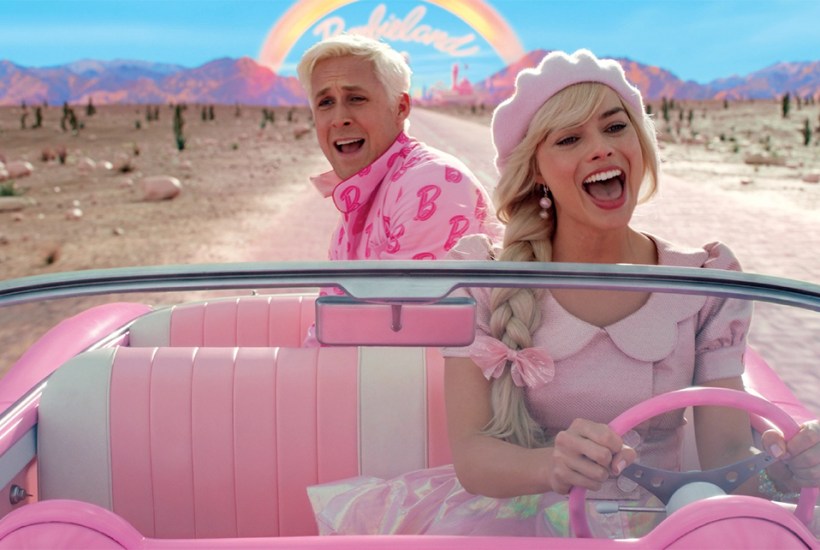
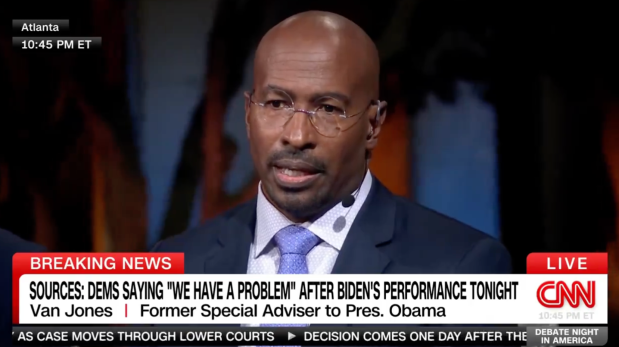
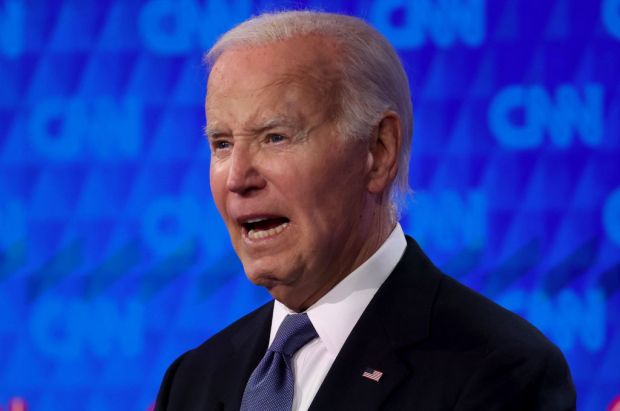
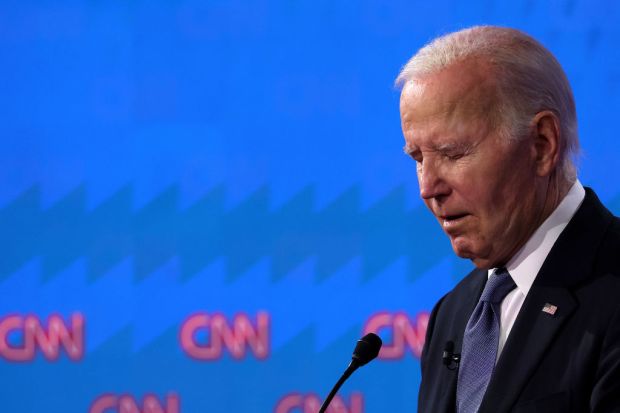


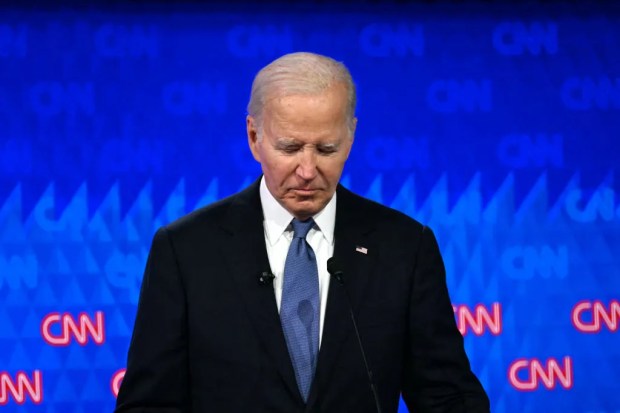












Comments
Don't miss out
Join the conversation with other Spectator Australia readers. Subscribe to leave a comment.
SUBSCRIBEAlready a subscriber? Log in